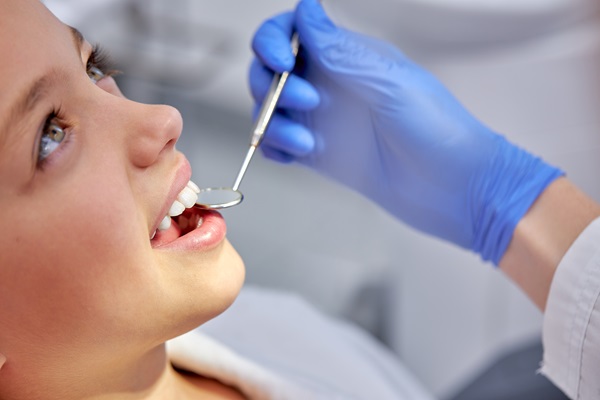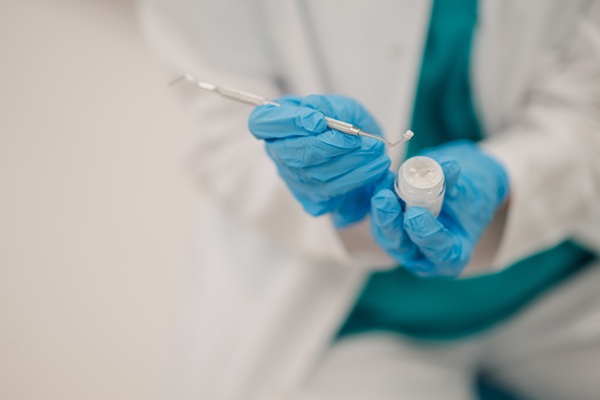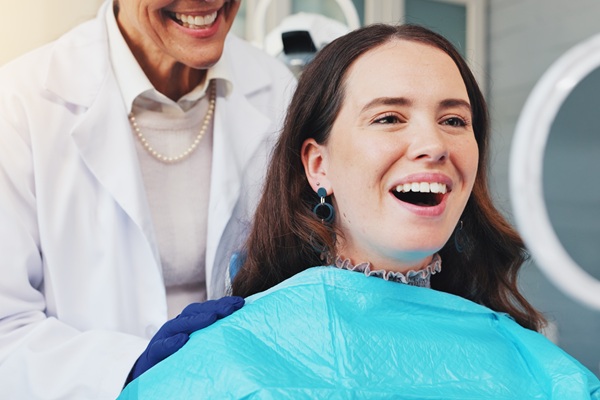How Dental sealants Protects Against Cavities

General dentists recommend dental sealants when individuals are looking to protect their teeth against cavities. Cavities can lead to tooth decay, which can result in loss or the need for replacement. Dental sealants are an easy and painless way to protect the teeth so that they remain healthy and strong. Ready to find out more?
Protecting teeth with dental sealants
Outlined below is some general information on dental sealants, including how they can be used to protect the teeth from cavities.
Dental sealants defined
A dental sealant is a very thin coating made of plastic materials. The coating is painted directly onto teeth that are prone to cavities, decay or bruxism. Typically, these teeth are in the back of the mouth as they are responsible for chewing and grinding food. Additionally, back teeth often rub up against each other, causing bruxism.
Dental sealants are typically placed in children because they consume a lot of sugar and do not always practice the best oral hygiene. However, adult patients can also have dental sealants placed as a preventive and protective measure.
The procedure is very straightforward and simple, and rarely lasts more than an hour. There is no anesthetic required because the coating does not induce any pain. There may be some light sensitivity afterward, however, it usually does not last more than 48 hours.
Cavity prevention through dental sealants
Cavities often form on the back teeth, which are responsible for chewing and grinding food. Food gets stuck or build-up between the pits and fissures, which can lead to bacteria growth. Bacteria growth then turns into cavities, which can lead to more serious things such as decay or tooth loss.
Dental sealants are placed over the entire tooth, including between, around and on the pits and fissures. Once placed, those areas are sealed off, which ensures protection against build-up, thus resulting in less of a chance that cavities may form.
Making dental sealants last
It goes without saying that one would hope that their dental sealants last forever so that their teeth always remain protected from cavities or decay. However, it is good to know that they do not typically last more than 10 years. Many individuals require dental sealants to be reapplied after five years to ensure that they stay intact and strong. Outlined below are a few ways that dental sealants can be made to last so that the teeth remain protected against tooth decay.
- Brush twice a day or after every meal
- Visit the general dentist regularly for check-up appointments
- Avoid foods that are sticky, chewy or extremely hard
- Wear a night guard when sleeping
Find out more about dental sealants
Dental sealants are a great preventive measure that can be used to protect the teeth from many things, including cavities. When considering the procedure, it is best to consult with a general dentist who can perform an evaluation. The evaluation will determine the appropriate course of action, which may include dental sealants or other preventive measures. Reach out today to learn more or to get started with a consultation.
Request an appointment here: https://www.potomacwoodsfamilydentalcare.com or call Potomac Woods Family Dental Care at (301) 202-1553 for an appointment in our Rockville office.
Check out what others are saying about our dental services on Yelp: Dental Sealants in Rockville, MD.
Related Posts
Thinking about getting dental sealant treatment? Dental sealants are a vital tool for preventing cavities or tooth decay. Tooth decay is a prevalent condition among children and teenagers, and when unchecked, it can lead to other serious oral issues such as premature tooth loss and gum disease. In combination with other preventive care measures such…
Using the right toothbrush is part of preventive dentistry. Your dental health is more secure if you have the right tool for cleaning your teeth and gums. An effective toothbrush can help you reach your dental health goals. If you want to know the basics of choosing the right toothbrush as part of preventive dentistry,…
Practicing preventive dentistry at home allows you to reap many benefits for your general health. Brushing and flossing every day is a basic way of keeping your mouth in good shape. Having healthy teeth and gums helps support your whole body’s health. If you want to find out why good everyday dental hygiene is important…
A family dentist offers comprehensive care to individuals of all ages, making them an ideal option for older adults looking to maintain good oral health. As people age, their dental needs evolve, and regular visits to a family dentist can help address specific issues that arise in later years. Older adults often face unique dental…


